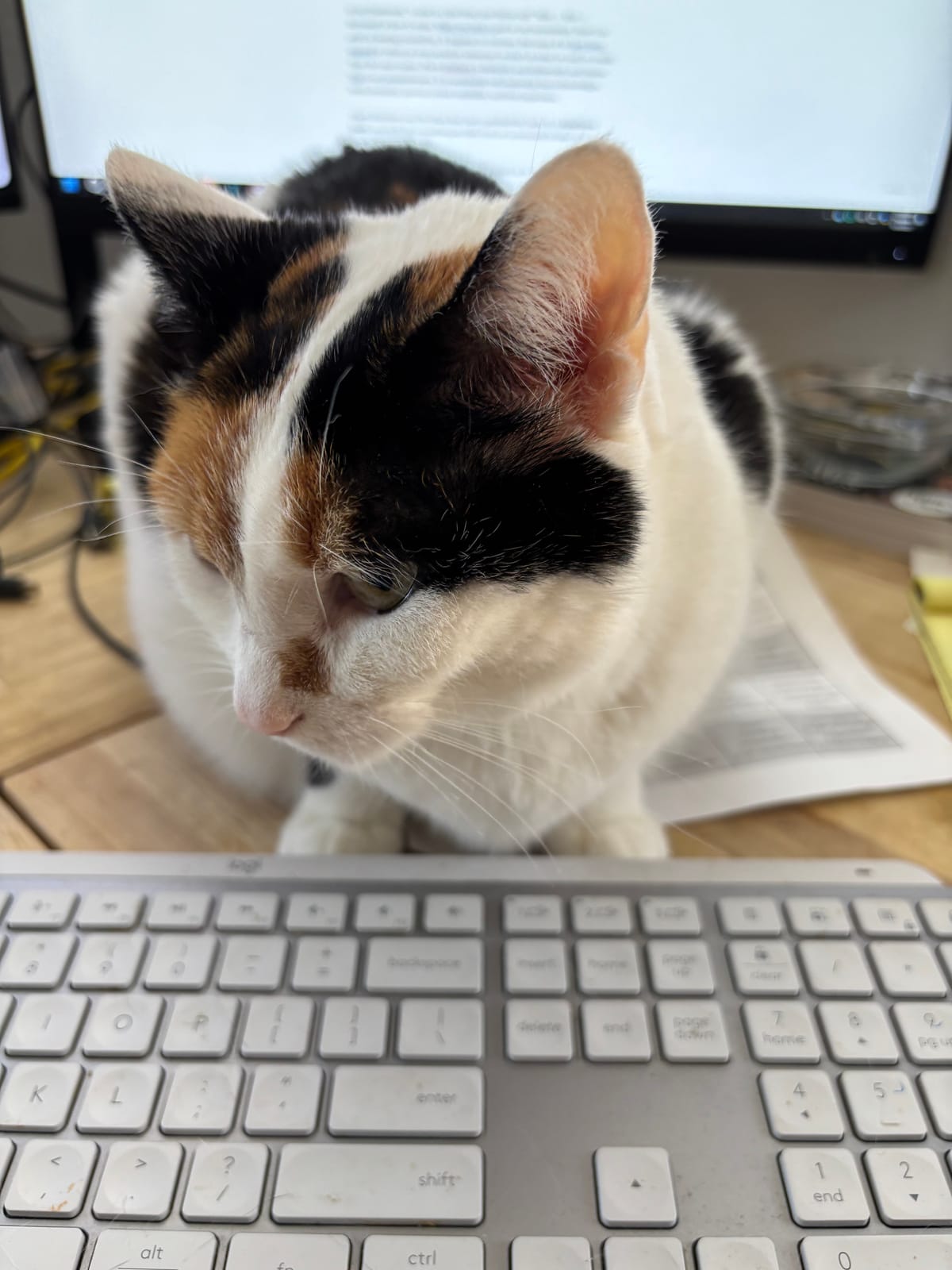Fierce Kindness

Let's talk about kindness. Kindness, to me, always felt soft. Dishonest. Coddling. I used to say, "Kindness costs me money." By that I meant kindness is the opposite of honesty and integrity. Now, I'm not so sure. There is a type of kindness that doesn't mean compromising brutal honesty (as I've phrased it in the past). It's the concept of Fierce Kindness.
Fierce Kindness is the foundational ethic of everything I'm building here. Without it, the Glass Box doesn't work, the Storm Keeper (more information coming soon), and my energy healing work (also coming soon) don't work. Fierce Kindness isn't passive or soft; it's the firm, active choice to honor what already works in a person, especially in moments of struggle. It rejects the shame spiral that so often accompanies missed goals or inconsistent behavior, and instead replaces self-punishment with a feedback loop of dignity.
In my framework, "a miss is a kiss from your future self." Miss -> Kiss -> Recommit is how it works. When you miss a goal or are inconsistent, there's no point in beating yourself up. It happens to everyone. But some of us have been shamed by others or even ourselves whenever we don't do what we said we would. Then the same comes. Fierce Kindness is distinctly and deliberately anti-shame. This is not permissiveness. It is sustainable self-leadership that acknowledges brain chemistry, nervous system variability, and lived experience.
Fierce Kindness (and the Glass Box) isn't a productivity hack. It's a kindness hack, especially for neurodivergent folks who are accustomed to internal and external shame.
The loop of fierce kindness is explicitly mapped out by the Glass Box.
- Show up
- Journal the evidence
- Walk the path
- Catch the miss
- Release the shame
- Tally the progress
- Record the points
- Continue tomorrow
The loop guarantees tomorrow because it affirms today. The loop means that every micro-decision is not a test of self-worth but a chance to build momentum. You earn "points" for unexpected consistency—those little moments when the subconscious carries you. Points are treated as sacred signals that the system is working. The subconscious really wants to make you right about everything you tell it (more on that in another post), so make sure the commands you give it are grounded in kindness.
Your future self loves you unconditionally. Let me repeat that. The love you unconditionally, and they have no room in their vocabulary for negative self-talk. Negativity is for other people. Shame lives somewhere else. And they never say things like "I still love you." That implies they would ever let you go. They say "I love you with everything I have," and they mean it. For the purposes of avoiding gender-neutral pronouns (nothing wrong with them, they just become a mouthful), I've named our future selves Harley. It's a good gender-nonspecific name, and Harley is you in 10 seconds, a day, a month, a year, or a lifetime. Harley has seen your struggles, is fiercely kind with your misses, and is your cheerleader for sticking with it until your successes build momentum. Harley is the result of all your hard work and thanks you for it.
"I love you with everything I have." —Harley
Don't misunderstand. Harley still holds you accountable to your deeper self, but they do it by being a witness to your efforts who accepts it unconditionally. This kindness isn't an escape from discipline—it's the frame that makes it possible. This brings depth and internal coherence to the idea that identity = integrity, and the way you show up for yourself is a reflection of your internal contract.
In my ADHD work, I say, "You don't yell at the weather." This metaphor captures the core of my message: Stop punishing yourself for neurochemical realities. Shame has no role in healing. Fierce kindness is the alternative to both avoidance and self-destruction. It recognizes the storm, offers shelter, and still calls you forward—tomorrow, again, with love.
Fierce kindness is a practice. It starts today. Not by doing more, but by judging yourself less.